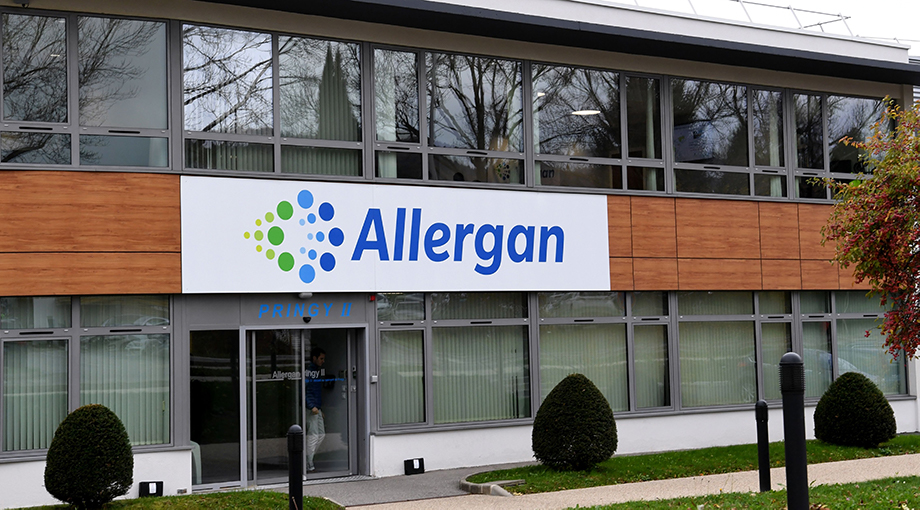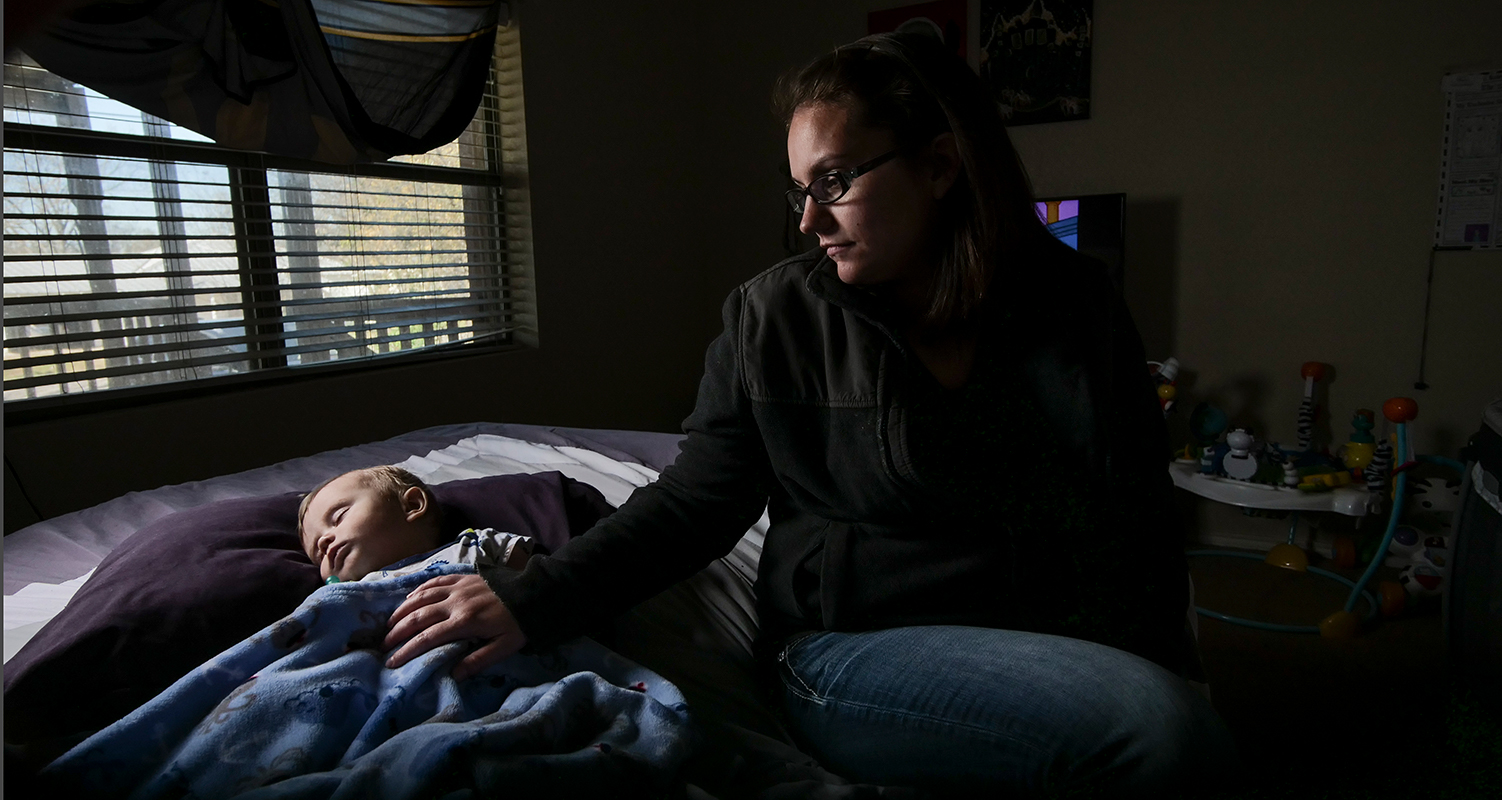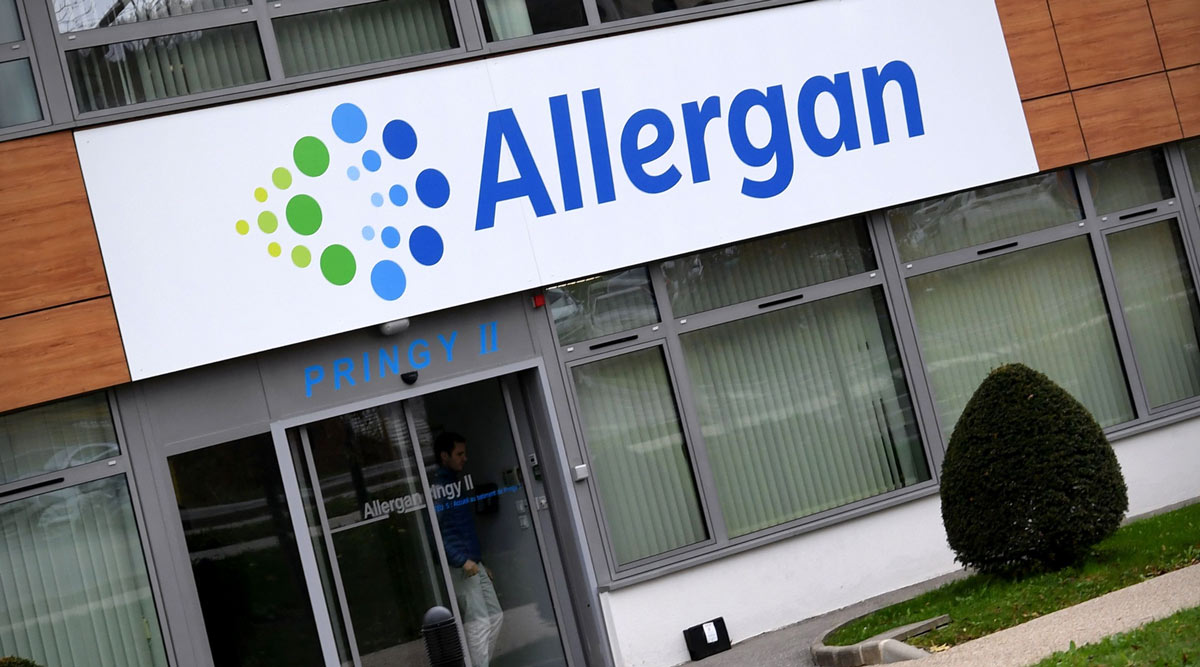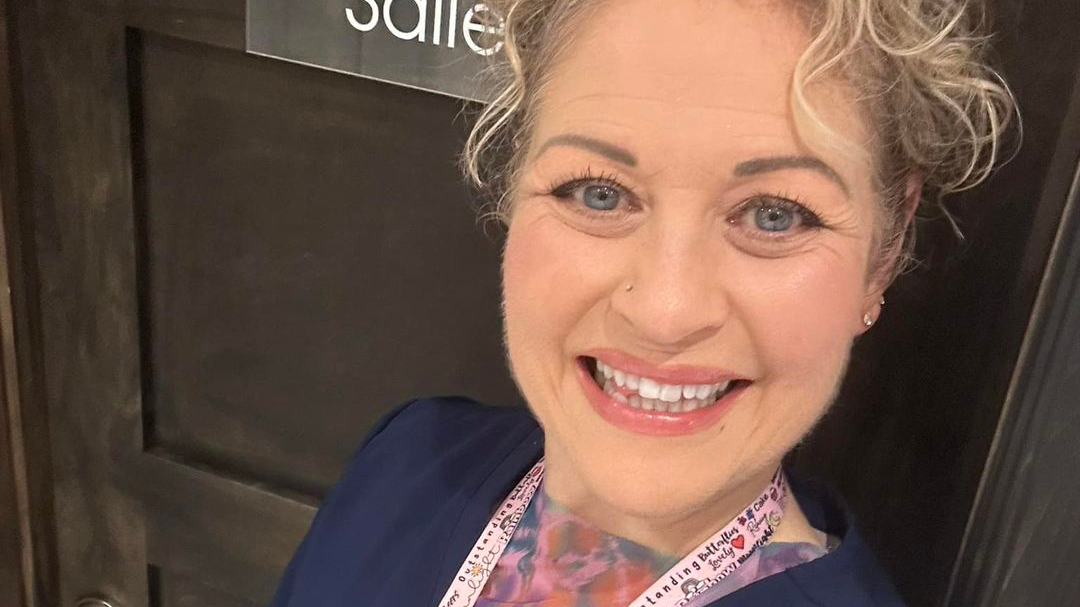Investors have filed a class action lawsuit against leading breast implant manufacturer Allergan, alleging that the company concealed from them both the association between textured breast implants and a rare form of cancer and the threat this link posed to Allergan’s regulatory approvals.
The suit adds to mounting setbacks for Allergan in connection to its textured implants, which were recently suspended from the market in Europe and Brazil due to concerns about elevated cancer risks among women who receive them.
Last November, the International Consortium of Investigative Journalists published an investigation revealing that women around the world continue to suffer health problems after receiving breast implants.
The report, which was part of ICIJ’s Implant Files investigation on the medical device industry and its overseers, examined health threats including a form of cancer known as breast implant-associated anaplastic large cell lymphoma (BIA-ALCL) that occurs almost exclusively among women with textured breast implants.
On December 17, a European oversight body declined to renew the freshly expired safety certification for Allergan’s Microcell and Biocell brands of textured implants. The move prompted French authorities to announce a mandatory recall of these products and Allergan to suspend sales of the products in Europe.
Immediately following these announcements, Allergan’s stock fell more than $10 per share, roughly 7 percent of its value. The drop caused the company’s share price to decline to $136.56 on December 19. It has since partially recovered to reach $142.44 as of January 7.
Two complaints, filed in New York by separate law firms, allege that Allergan engaged in securities fraud by telling investors that its textured implants were approved in Europe without mentioning that their safety certification, known as a CE Mark, was due to expire and that its renewal was in doubt. CE Marks by definition expire after a given period, but they are typically renewed without difficulties.
Donald Langevoort, a professor at Georgetown Law School who specializes in securities law, said this type of lawsuit is common in such circumstances.
“Every pharmaceutical company that hits a bump in the road with regard to an important product gets a case like this,” Langevoort said. “And plaintiffs tend to do reasonably well.”
Langevoort said the case would hinge on whether Allergan misled investors by telling “half-truths” about the regulatory status of its products, and how much any misleading statements affected Allergan’s share price.
At least four law firms are seeking plaintiffs to join the class before a February 19 cut-off. The firm representing the client with the largest financial losses would likely be designated lead counsel for the class action suit, said Jacob Walker, an attorney with Block & Leviton LLP, one of the firms bringing the suit.
Walker declined to discuss how many plaintiffs were involved, but said that “people are definitely interested in the case” and that his firm was in the process of retaining clients.
Allergan spokeswoman Amy Rose declined to comment beyond stating:
“We don’t comment on pending or ongoing litigation.”







